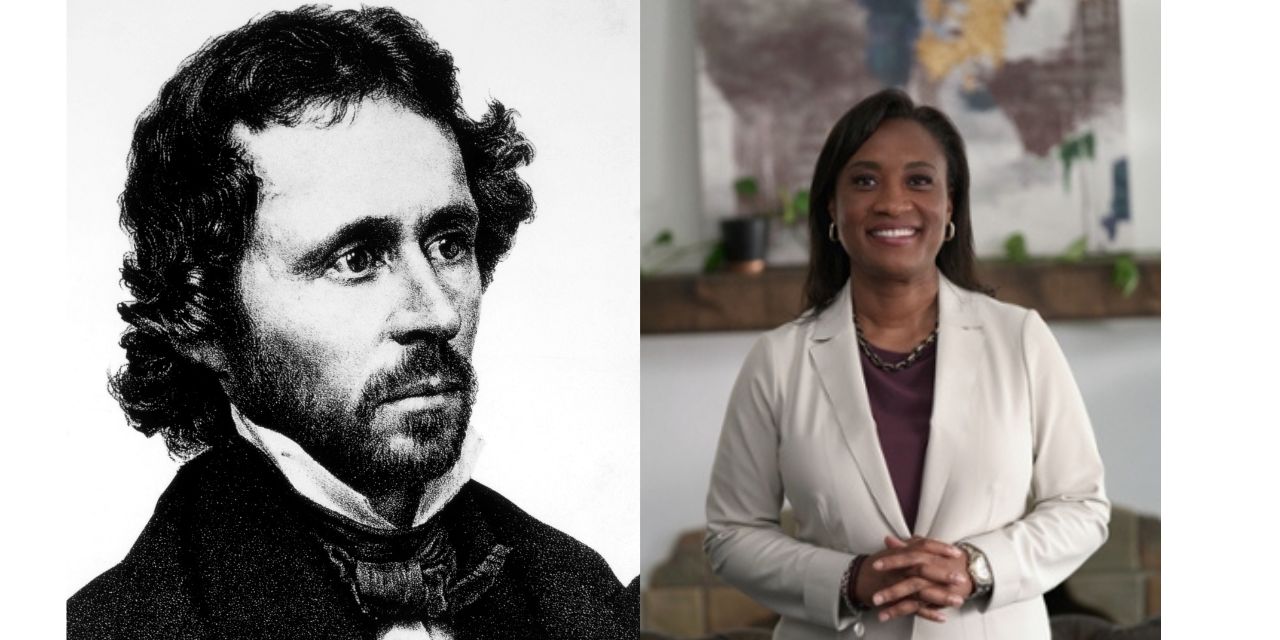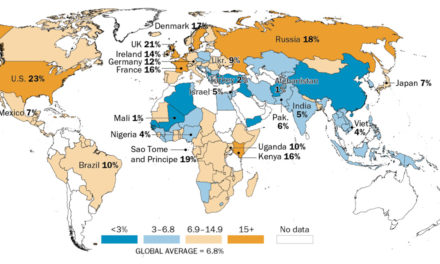When South Carolina native General John C. Fremont died of peritonitis in his Manhattan home on July 13, 1890, the first senator from California, and fifth territorial governor of Arizona, was lauded and remembered as “the pathfinder of the Rocky Mountains,” a pioneering explorer who bravely sought a rail route thru and over terrain to the Pacific Ocean once previously thought both impossible and impassable.
Fremont’s dramatic and adventurous life came to mind considering news that California Governor Gavin Newsom will be appointing Laphonza Butler to fill the late Senator Dianne Feinstein’s seat.
Senator Feinstein, the longest-serving female senator in American history, and a radical abortion supporter, died last Thursday. She was 90.
Butler, who previously served as a senior advisor to then Senator Kamala Harris’ 2020 presidential campaign, is currently the president of EMILY’s List, an extreme pro-abortion organization whose stated mission is “to elect Democratic pro-choice women up and down the ballot and across the country with a goal of fighting for our rights and our communities.”
EMILY’s List – a group whose name is an acronym standing for “Early money is like yeast,” has raised and spent upwards of a billion dollars since 2016 to elect well over 1500 pro-abortion women across local, state and federal offices.
Those of a certain age often lament the ideological shift of the Golden State, which once featured Ronald Reagan as its governor. In fact, between 1952 and 1988, only the reelection of Lyndon Johnson in 1964 interrupted GOP presidential dominance in the country’s most populous state.
Yet the seismic shift of California’s senators, from its first to its most recent, extends well beyond partisan labels and traditional politics.
Perhaps because of its location, the state has long attracted pioneers – for good and bad.
General Fremont, whose (at times) controversial expeditions and roles captured headlines and gave some of his leadership headaches, including Abraham Lincoln, didn’t just blaze a physical trail through rock and prairie. John C. Fremont, who claimed a personal Christian faith (Episcopalian), was morally opposed to slavery – and refused to budge, even to his own political detriment.
Running for president in 1856, the Fremont campaign’s slogan was pithy and direct: “Free speech, free press, free soil, free men, Fremont and victory!”
It didn’t work. The first Republican party candidate, Fremont lost to James Buchanan. Ironically, opponents claimed his anti-slavery position would lead to civil war. After Lincoln was elected in 1860, a group of Republicans, frustrated by the new president’s slavery strategy, nominated Fremont to run against “Honest Abe” in 1864. Initially inclined to do so, the general stood down out of fear of splitting the party.
In announcing the appointment of Butler to the Senate, Governor Newsom noted she “will be the first openly LGBTQ person to represent California in the Senate. She will also be the first Black lesbian to openly serve in Congress in American history…”
When it comes to God’s design for human sexuality and the sanctity of life, especially, pioneering away from His plan invites and inevitably ushers in dangerous outcomes. In an increasingly post Christian era, California and the rest of our nation are in desperate need of pioneering Gospel-driven leaders who will affirm His plan, regardless of the political fallout it might engender.
Photo from Shutterstock and University of California.






